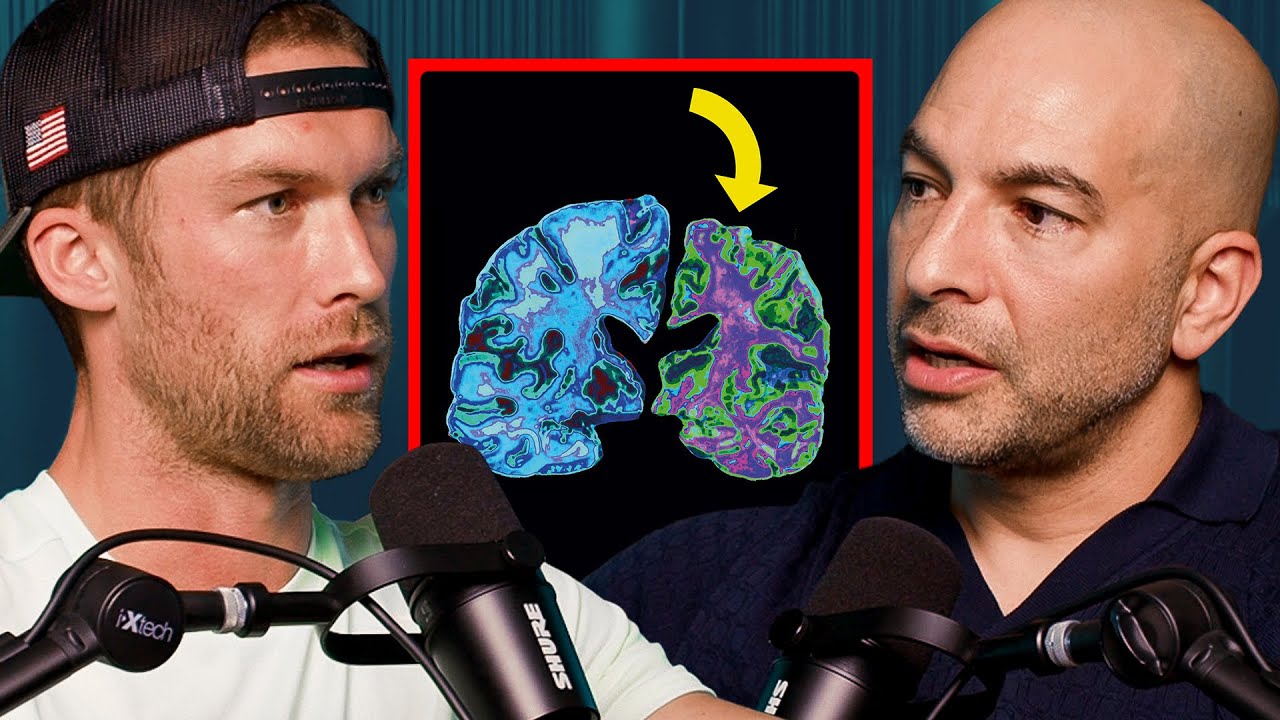Alzheimer’s and other neurodegenerative diseases are a growing concern in today’s aging population. Understanding personal risk factors is critical to tackling this disease before it takes hold. One of the first questions healthcare professionals should ask is about family history, as the disease has a genetic component. Often it is more telling than any genetic tests, as many genes are involved, and it’s not always apparent how they interact.
The age of onset of dementia is another factor to consider. Early-onset Alzheimer’s disease is rare but devastating, and there is less understanding of the impact of lifestyle choices and preventative measures in these cases; for late-onset Alzheimer’s disease, which is much more common, taking action to prevent the disease is crucial. Lifestyle choices, including exercise, nutrition, sleep, and stress management, can significantly delay the onset of Alzheimer’s disease and other neurodegenerative diseases.
Interestingly, exercise has the most significant impact on reducing the risk of cognitive decline. This includes both cardiovascular workouts as well as strength and resistance training. The hazard ratio, a statistical measure of risk, for exercise is 5, meaning that someone who exercises regularly is 400% less likely to experience cognitive decline than someone who does not exercise. This data is even more compelling when compared to other risk factors with lower hazard ratios, such as smoking, hypertension, and atherosclerosis.
In addition to exercise, people can take other preventative measures to reduce their risk of developing Alzheimer’s disease. Nutritional supplements, such as omega-3 fatty acids, may improve brain function and delay the onset of neurodegenerative diseases. Proper management of lipids and blood glucose levels, as well as adequate sleep, can contribute to overall brain health.
Understanding personal risk factors is critical to taking proactive steps to reduce the risk of Alzheimer’s disease and other neurodegenerative diseases. Lifestyle choices, particularly exercise, are the most potent tools we have in our arsenal to prevent cognitive decline. These preventative measures can improve quality of life, increase lifespan, and ultimately impact healthcare costs. By taking action now, we can significantly impact the trajectory of Alzheimer’s disease and other neurodegenerative diseases in the years to come.
*****
*****
Summary of Transcript:
The video discusses the importance of understanding personal risk for Alzheimer’s and neurodegenerative diseases. The first step is understanding a patient’s family history, as the condition has a genetic component. A genetic test may not be as telling as family history, as multiple genes are hard to test for, and genetics constantly evolve. Understanding the type of dementia and age of onset is also essential for personalized prevention. The biggest prophylactics against mental degradation over time include exercise, lipid management, not having type 2 diabetes and adequate sleep. Exercise is the most extended and impactful lever to delay onset—the hazard ratio for exercise dwarfs all other interventions, including diabetes and smoking. The video emphasizes the importance of stacking as many things in one’s favor as possible to control what one can control in life. Heart disease currently remains the biggest killer on the planet.
*****
Summary of Description:
Dr. Attia and Chris discuss ways to prevent cognitive decline and improve brain health in this content. Peter Attia believes that the root cause of Alzheimer’s is unclear. He recommends avoiding cognitive decline by prioritizing sleep, exercise, nutrition, and stress management. Peter Attia believes heart disease is prevalent but preventable through lifestyle changes. The audience can access the content earlier by subscribing for free on Spotify or Apple Podcasts and getting Chris’ free reading list of 100 life-changing books. The audience can connect with Chris via Instagram, Twitter, or email.
*****
Source Description
Dr. Attia and Chris discuss ways to save your brain from cognitive decline. What does Peter think is the root cause of Alzheimer’s? How does Peter Attia best recommend you avoid cognitive decline? What does Peter Attia think of Heart disease?
#neuroscience #brainhealth #hearthealth
–
Access every episode 10 hours before YouTube by subscribing for free on Spotify – https://spoti.fi/2LSimPn or Apple Podcasts – https://apple.co/2MNqIgw.
Get my free Reading List of 100 life-changing books here – https://chriswillx.com/books/
–
Get in touch in the comments below or head to…
Instagram: https://www.instagram.com/chriswillx
Twitter: https://www.twitter.com/chriswillx
Email: https://chriswillx.com/contact/

